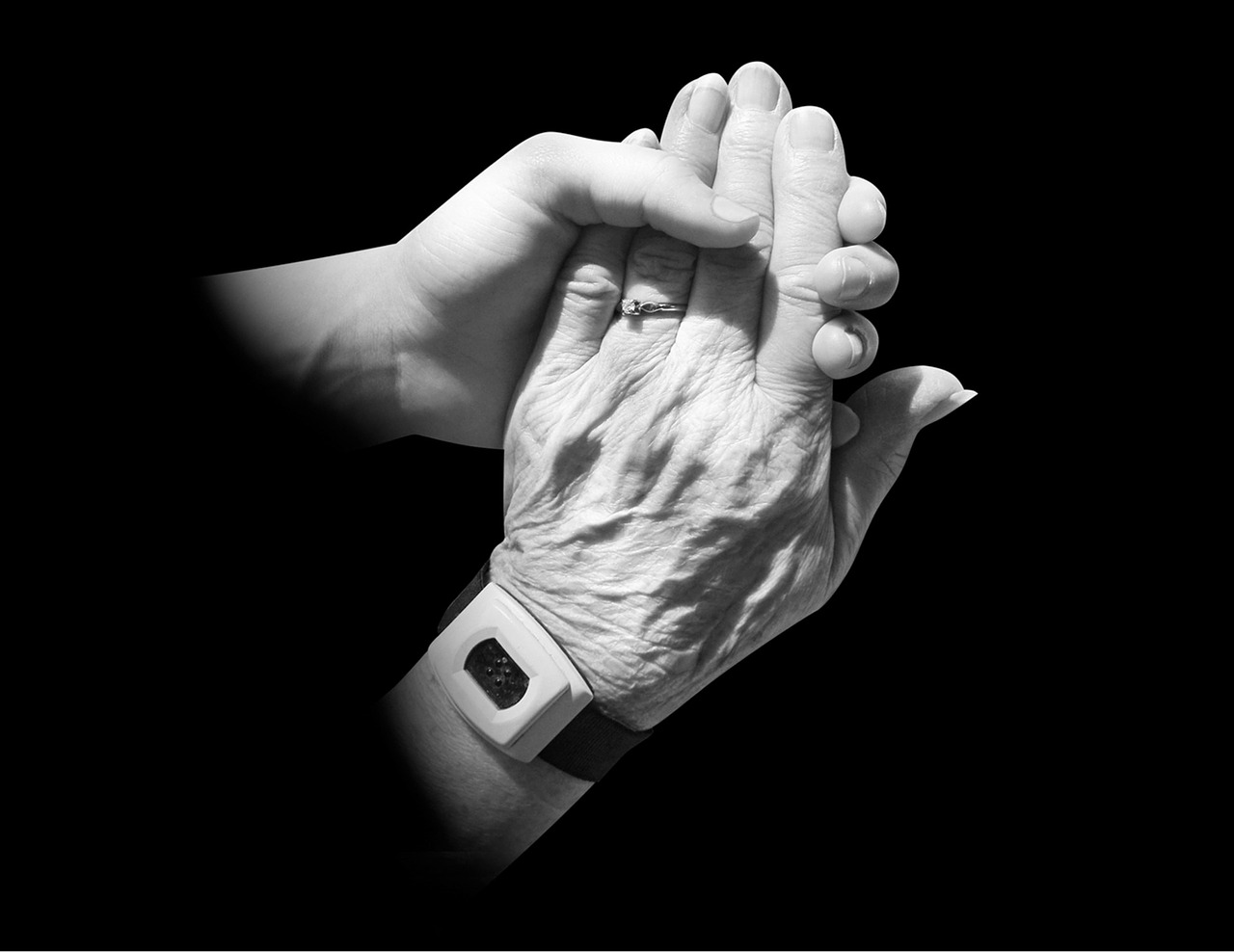Caring for the Caregiver

Taking care of our elders has been a foundational idea of Jewish life for thousands of years. The Torah describes this responsibility, “You shall rise before the aged and show deference for the old”. (Leviticus 19:32) Interestingly, a long life is the “reward for having observed the commandment of honoring our parents.” (Exodus 20:12)
What is unique about caring for the elderly, especially when they are suffering from medical and often, memory challenges, is that you remember them active, vibrant, and engaged. As a caregiver, you are not only attending to their immediate needs, but grieving the active person that you knew.
It’s not easy being a caregiver to an elderly person. It takes a toll. How do we address this challenge?
My patient Judy (I have changed her name to protect her anonymity), age 62 who has been caring for her 90 year old father for the last few years in Israel, shared: “When my mother died 3 years ago I was living in the US, coming back and forth to help my parents. Mom had Alzheimer’s and was, at that time, living in a memory-care unit in nursing facility. My father, in his 80’s, managed to visit daily. After Mom’s death, he struggled emotionally. He refused to get out of bed, shower, eat properly, and take his medicine. He began to get confused and sometimes didn’t recognize me when I called him. At that point, I knew I had to come to Israel to be with him. I left my husband and most of my children behind and came to Israel to live with my father and supervise his care.
After some time providing his daily care, I became completely distraught and overwhelmed. When I realized how this stressor was affecting me, I sought out a therapist’s help. In therapy, I learned how to practice self-care, cope more effectively with all the stresses of being a caregiver and subsequently, was able to be a better helper to my father.”
As a therapist, I had heard this story before. Judy and I explored that she was suffering from “Caregiver Burnout.” The Cleveland Clinic defines “Caregiver Burnout” as a state of physical, emotional, and mental exhaustion that may be accompanied by a change in attitude- from positive and caring, to negative and unconcerned. Burnout can occur when caregivers don’t get the help they need.”
Is caregiver stress making you feel overwhelmed? 
-Is constant exhaustion a part of your daily life?
-Do you find it difficult to prioritize eating well and focusing on your health?
-Have you dropped many of your usual activities and interests?
-Do you turn down invitations to be with friends and family due to your caregiving responsibilities?
-Do you wish that you could “escape” this role?
These are signs of caregiver stress that can lead to burnout. Often caregivers ignore their own health, proper nutrition, and exercise which puts them at risk of developing their own medical problems. When you experience this level of stress on a daily basis without self- care, it will be harmful to your health.
How can I help myself as a caregiver and address the stress?
Get the help of a trained mental health professional.
You will learn to:
–Give yourself permission to have respite, a break from caregiving.
–Explore your loved one’s eligibility for home care/nursing care.
–Enlist family members to help with the care of your loved one.
–Eat healthfully and incorporate exercise into your routine.
–Decrease your isolation by finding a caregiver support group in your area.
–Seek out the company of friends and family which can improve your mood and outlook.
–Find a spiritual outlet, if applicable.
–Make your own health a priority and go to medical appointments.
–Use journaling as a way to be aware of your mood and thoughts, and create an outlet for some of your negative feelings.
As a clinical social worker and therapist for over 30 years and having myself been a caregiver for over 10 years, I have observed that caregiver stress is the single most under-reported source of stress for people ranging from 45 until their 80’s. While caregiving can also be a source of blessing and provide the feeling that you are doing the “right thing” for your elderly loved ones, it is tinged with a multitude of other emotions. To your friends and family, you may not want to openly express these emotions and feelings. A trained therapist, an expert in these matters, is needed.
If you are a caregiver and would like help to address the stressors in your life and caregiving, please contact me for a free consultation and find out more how I might help you.



